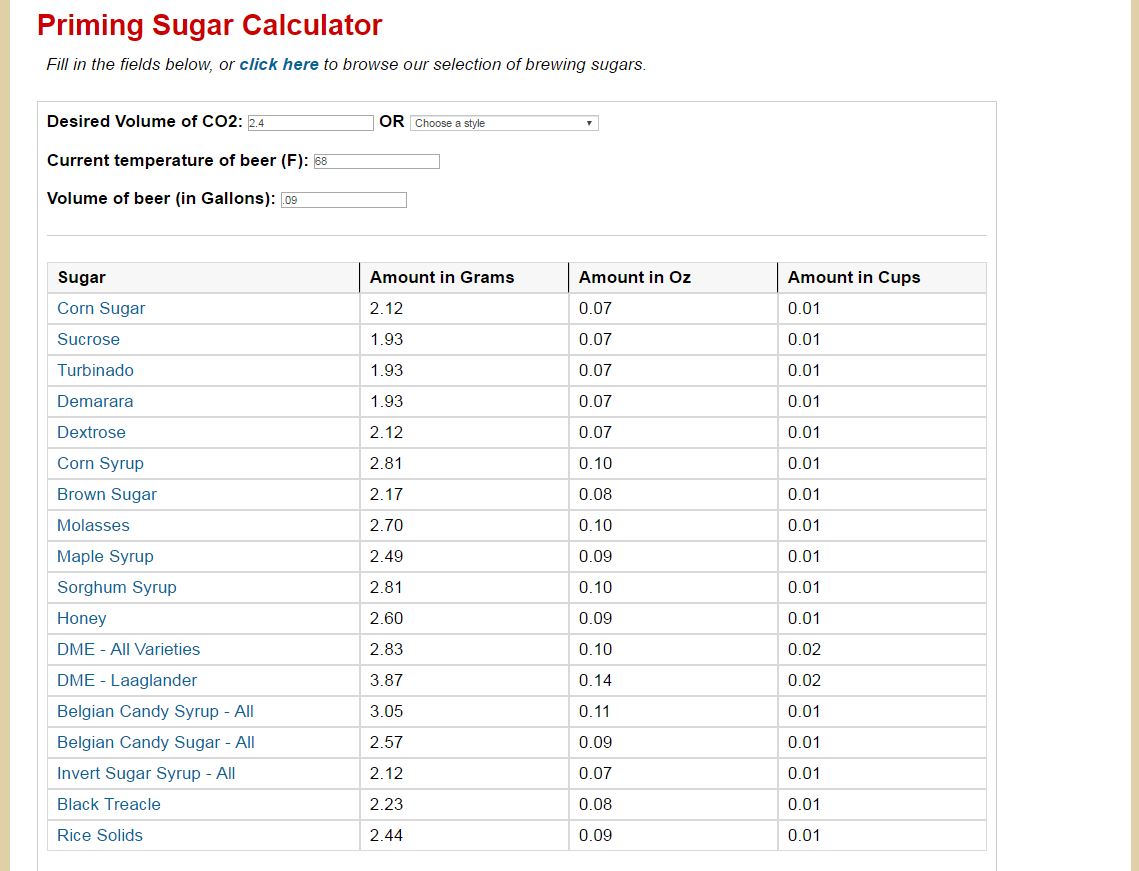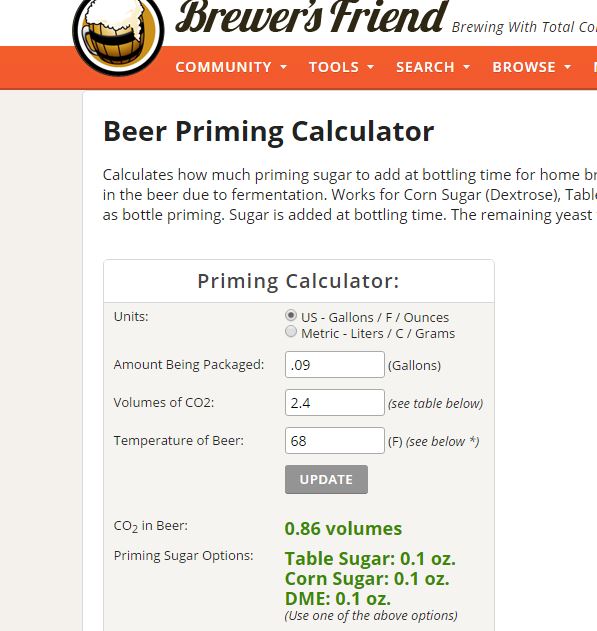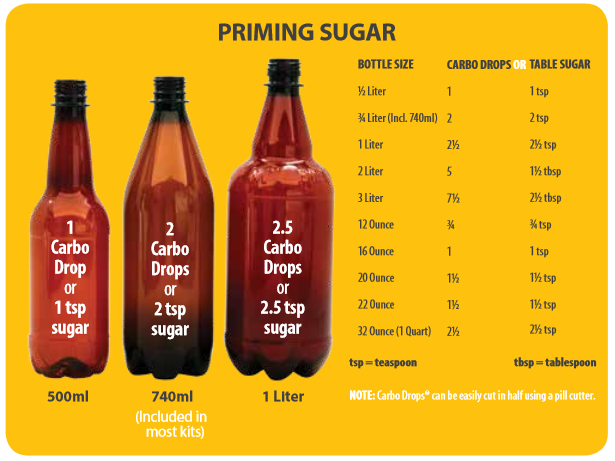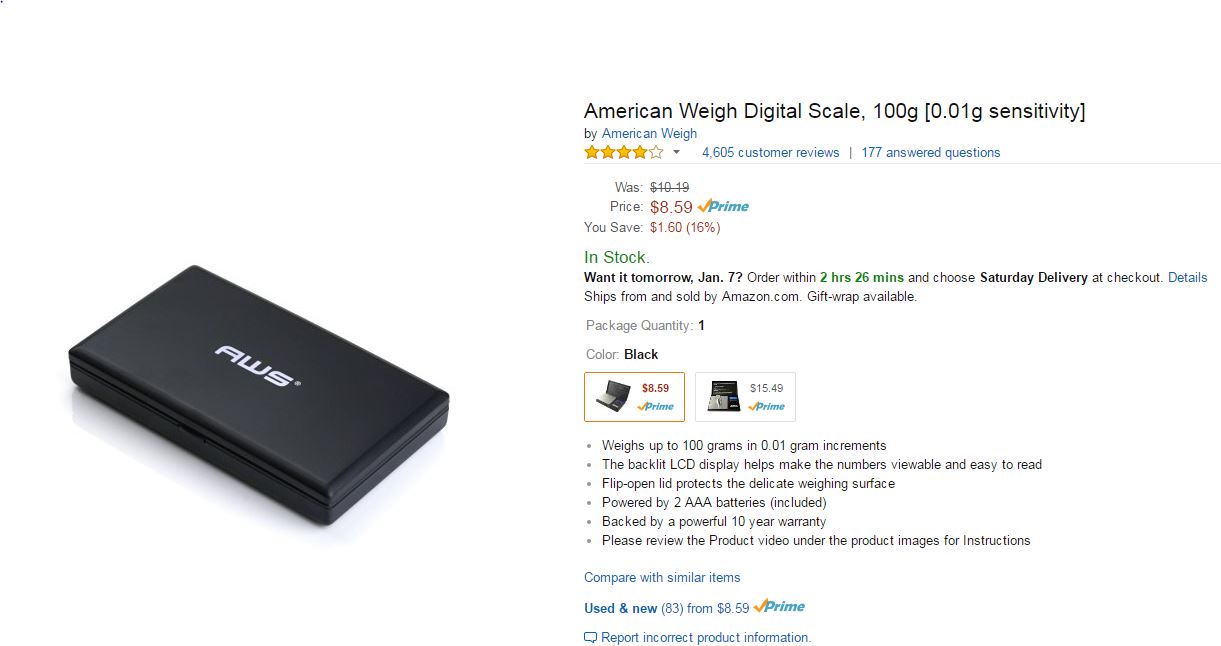Hi guys. I want to prime my bottles individually with granulated white sugar. I've always batch primed with corn sugar in the past, but want to try this old technique to satisfy my curiosity as to what is easier. Can someone tell me how many teaspoons of granulated table sugar(or how much of one) to add to each bottle to achieve roughly 2.4 volumes. FWIW I am trying to develop my own little technique to draw my beer directly from the fermenter and into the bottle without much disterbence. I'm mainly just tired of messing with my bottling bucket, boiling water, cooling it...bla bla bla. Thanks.
Cabo
Cabo




































![Craft A Brew - Safale S-04 Dry Yeast - Fermentis - English Ale Dry Yeast - For English and American Ales and Hard Apple Ciders - Ingredients for Home Brewing - Beer Making Supplies - [1 Pack]](https://m.media-amazon.com/images/I/41fVGNh6JfL._SL500_.jpg)
























